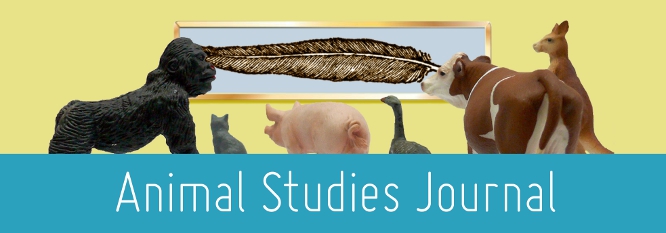Home > assh > ASJ > Vol. 8 (2019) > No. 2

Abstract
The ‘political turn’ in animal studies (see Milligan, Boyer et al.; Garner and O’Sullivan; Cavalieri ‘Animal Liberation: A Political Perspective’) has offered some unique trajectories for realising improvements for animals. Where traditional animal ethics was dominated by a focus on normative concerns for how humans should act with respect to animals, the recent movement towards politics has effected a shift in favour of thinking about how human-animal relations are shaped by institutions, political structures and actors, the role of the state and private governance, power relations and problems of strategy. At least one benefit of this analysis is that it moves away from philosophical questions about how we would like animals to be treated, instead changing focus towards problems of translating the normative into practical action and praxis; in particular, how those involved in animal protection, welfare, liberation and rights can effectively engage with a social and political terrain to achieve change.
Recommended Citation
Wadiwel, Dinesh and Chen, Peter, Introduction: New Directions in Animal Advocacy, Animal Studies Journal, 8(2), 2019, 1-8.Available at:https://ro.uow.edu.au/asj/vol8/iss2/2
Included in
Agricultural and Resource Economics Commons, Art and Design Commons, Art Practice Commons, Australian Studies Commons, Communication Commons, Creative Writing Commons, Digital Humanities Commons, Education Commons, English Language and Literature Commons, Feminist, Gender, and Sexuality Studies Commons, Film and Media Studies Commons, Fine Arts Commons, Legal Studies Commons, Linguistics Commons, Philosophy Commons, Political Science Commons, Public Health Commons, Race, Ethnicity and Post-Colonial Studies Commons, Sociology Commons, Theatre and Performance Studies Commons

